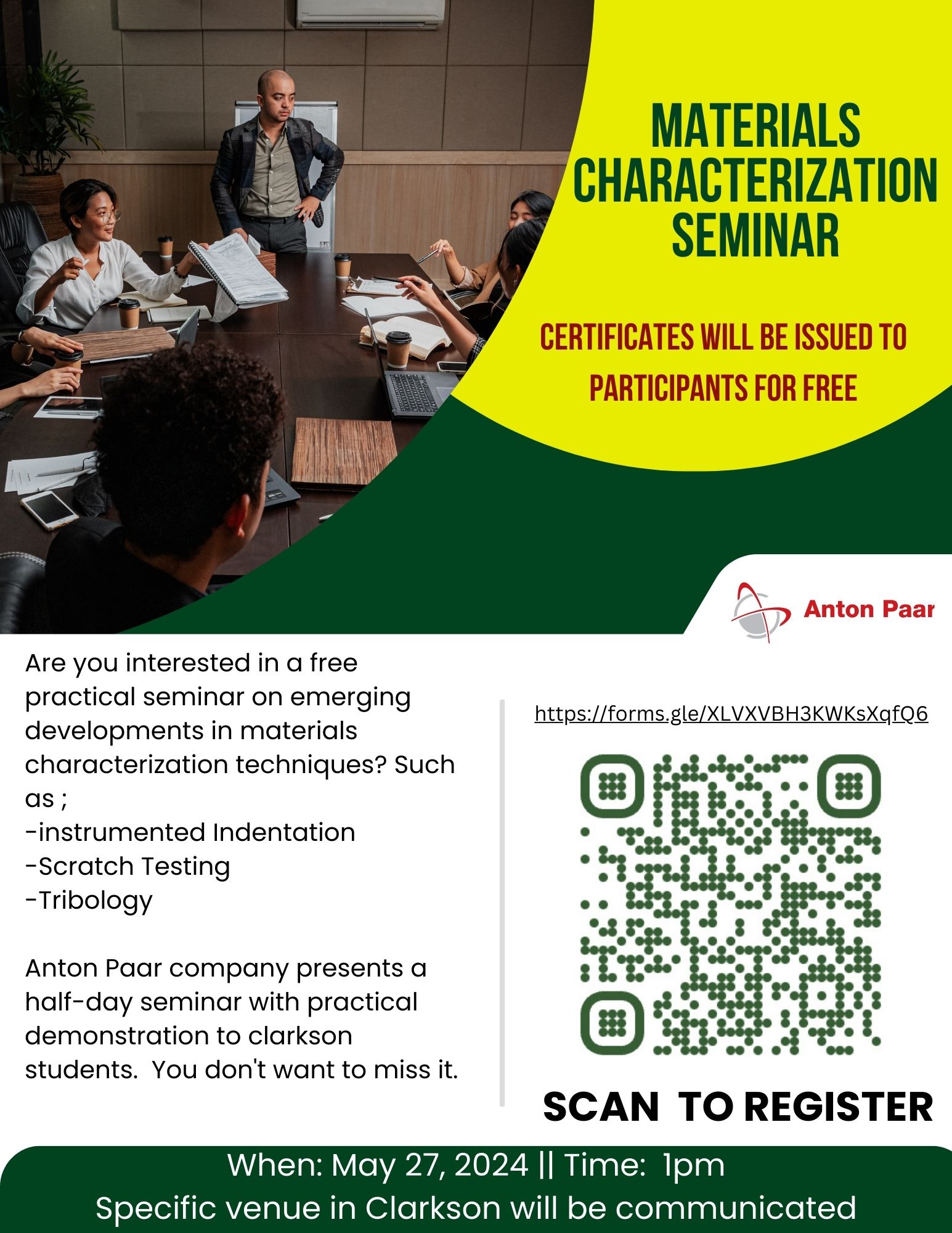1. Diverse perspectives on unrest: We are eager to hear from faculty with unique perspectives, including data and evidence-driven stories, that will inform the American public about this time of protest. Our model especially allows us to highlight the work of scholars of color and highlight perspectives that may be missing from the traditional media. Some of our specific ideas are below, but we also want your faculty to help us set the agenda. Please consider using the pitch form to share your ideas.
Contact: Emily Costello, emily.costello@theconversation.com
Timeline: Contact by Thursday, June 4
2. What is tear gas? The police have used tear gas to control protesters in the past week. I’m looking for a chemical weapons scholar to write a short explainer (400 words) addressing what the gas is, how it works and if it can cause permanent harm.
Contact: Bijal Trivedi, bijal.trivedi@theconversation.com
Timeline: Contact editor by 9 a.m. on Tuesday June 2
3. Has peaceful protest ever worked in the U.S.? We’re looking for a scholar of protest who could highlight times or moments when peaceful protests — ones that never turned violent or law-breaking (for any reason) — were successful at achieving their stated goals. Were there any? If there weren’t, that would also be a useful thing for an article to explain.
Contact: Jeff Inglis, jeff.inglis@theconversation.com
Timeline: Contact editor by Tuesday, June 2 (sooner is better), with a scholar who would have time to talk that day or the next and have a draft ready a day later
4. Bail funds: I’m seeking a scholar who can explain how bail funds — money amassed to pay for jailed protesters to be released — work and the history of these charitable arrangements and similar ones that cover additional legal expenses.
Contact: Emily Schwartz Greco, Emily.Schwartz.Greco@theconversation.com
Timeline: Contact editor by end of day Tuesday, June 2
5. Can kids learn not to be racist? I’m seeking a scholar who can explain what’s being done to make children and teens become less prejudiced and highlight evidence that specific approaches are successful.
Contact: Emily Schwartz Greco, Emily.Schwartz.Greco@theconversation.com
Timeline: Contact editor by end of day Tuesday, June 2
6. How today’s protests stack up against the last 60 years of protests: We’re looking for a historian of protest movements to compare/contrast today’s widespread protests with previous major protest movements in the modern U.S. While politics and the demographics of the country today are different from, say, when the civil rights and antiwar movements were taking place, we believe a story that sets these protests in historical context would be valuable.
Contact: Naomi Schalit, naomi.schalit@theconversation.com
Timeline: Contact with editor by June 3 (sooner is better)
7. What are the goals of the protests? This would be a brief story that would explain what the various protests across the country are asking for. Is there one message? Many messages? Are they locally specific? Are they coordinated?
Contact: Naomi Schalit, naomi.schalit@theconversation.com
Timeline: Contact with editor by June 3 (sooner is better)
8. The “Defund Police” movement: We’d like a scholar to describe this movement, what it wants and who’s advocating it. Possible approach is to look at NYC’s defund police movement and how it’s been picked up as a theme of some political campaigns — but the story should ultimately expand to the national scene.
Contact: Naomi Schalit, naomi.schalit@theconversation.com
Timeline: Contact with editor by June 3 (sooner is better)
9. Co-opting the civil rights movement? We’re looking for a scholar of the civil rights movement who could explain whether there were people or organizations who sought to co-opt or hijack the civil rights movement in the 1950s and 1960s for their own purposes.
Contact: Jeff Inglis, jeff.inglis@theconversation.com
Timeline: Contact editor by Wednesday, June 3 (sooner is better), with a scholar who would have time to talk that day or the next and have a draft ready a day later
10. Do we need to actually blow up nuclear weapons to test them? The Trump administration recently announced that it is considering resuming nuclear testing. We are looking for a physicist or nuclear weapons expert that can explain the science behind why this may or may not be necessary and how simulations have been used to “test” U.S. nuclear weapons in place of actual detonations. Looking for a scientific angle, not a political angle.
Contact: Daniel Merino, daniel.merino@theconversation.com
Timeline: Contact editor by Wednesday, June 3
11. How does COVID-19 affect the nervous system? There are reports emerging that coronavirus attacks the central nervous systems in many COVID-19 patients. I’m looking for a neurologist to explain how this happens, what effects are being seen (seizures, memory issues, etc.) and how these new findings change what we know about how the coronavirus infects the human body.
Contact: Daniel Merino, daniel.merino@theconversation.com
Timeline: Contact editor by Wednesday, June 3
12. Why manufacture organs in space? What is the advantage to manufacturing organs and other biological tissues in space? Humans develop on Earth, so why can’t this work be done in Earth-based labs? I’m looking for a scholar with expertise in organ development and conducting experiments on the ISS to write this story.
Contact: Bijal Trivedi, bijal.trivedi@theconversation.com
Timeline: Contact editor by 9 a.m. on Monday, June 8


